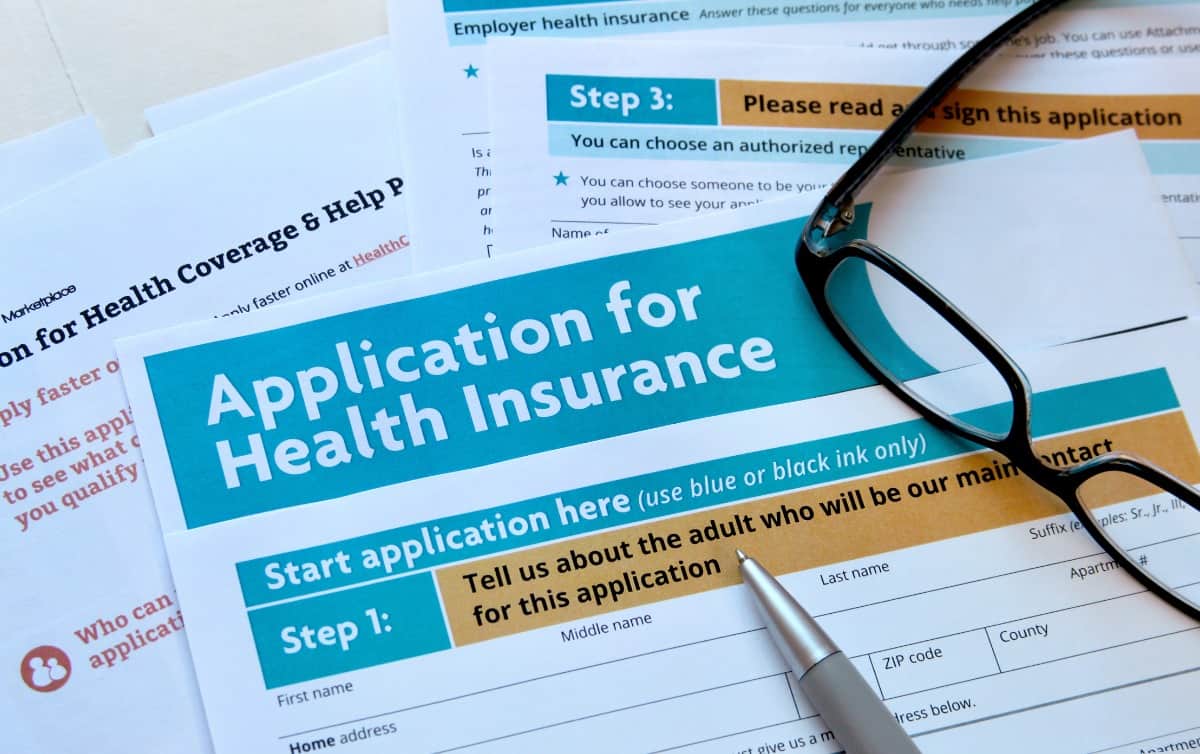
Life is unpredictable – you can never anticipate when things will go wrong, and when they do, they often cost a lot of money. Insurance offers protection when things go wrong and shield people from financial hardships if they fall ill, encounter an accident, or suffer a loss.
There are various insurance policies, from homeowners and auto to pet insurance. Some, like auto insurance, are legally required in most states if you own a car. Lending companies need you to buy insurance if you borrow money to finance something, like a mortgage when you buy a home or car insurance if your car is financed. Other insurance types are optional, like health insurance.
Even though some insurance types are optional, many people still choose to purchase policies to cover them. Continue reading to learn about three common types of insurance.
1. Auto Insurance

Many folks can’t do without their car. Having car insurance not only protects your vehicle, but also protects your finances if you’re responsible for a car crash.
There are three main types of auto insurance.
Liability
In most states, you must have liability coverage as a minimum if you own a car. Car crashes are more common than you may think, and if you were the at-fault driver, you would be responsible for the expenses the other driver sustains from the accident.
Having liability cover protects you from this financial obligation. Your liability insurance will pay to repair the other party’s car when you’re responsible for a crash. Your insurance will also cover damage to the other party’s property and medical bills if they are injured and require medical attention.
Collision
Collision coverage is optional, but if you’ve purchased your car with a loan, the lender may require you to have it. You can claim from collision insurance to repair damages to your vehicle if you’ve driven into a stationary object like a wall or tree. Collision will also cover the costs to repair or replace your vehicle if you’ve been in a crash or if the car rolls or hits a pothole.
Comprehensive
Like collision, lending companies may require you to purchase comprehensive cover if your vehicle is financed. Comprehensive cover will pay to repair your car when it is damaged by something other than a crash. This can include theft, vandalism, natural disasters, and freak accidents, like a heavy object falling onto your car.
It is usually a good idea to have full coverage. Thus, even after you fully pay for your car, it will continue to cover almost all situations.
2. Health Insurance

Medical care is expensive, and since there’s no free healthcare, not having health insurance can eat up your entire savings. If you don’t have savings, falling ill or getting injured can land you serious debt.
Because of this, many young, fit, and healthy people opt to buy health insurance as there is no telling when they will need it. Health insurance is considered so vital that some people may purchase short term limited duration health insurance to cover themselves if there’s a gap in their traditional health insurance.
Health insurance can be divided into two primary types: public and private. Public health insurance isn’t free, but it is subsidized by the government. This allows people even from low-income households to access healthcare.
Public Healthcare
There are three types of public healthcare insurance, according to the patient’s age.
CHIP
Children under eighteen from low-income families may be eligible for CHIP or Children’s Health Insurance. CHIP gives children from poor communities access to affordable healthcare.
Medicaid
Medicaid targets adults under 65 years who earn a low income and can’t afford private health insurance. This policy offers medical care at a lower cost and long-term care.
Medicare
People over 65 years who are not financially well-off may qualify for Medicare. There are different Medicare policies designed to suit individual patient needs.
Private Health Insurance
All other types of insurance would typically fall under private health care. If you can afford it, private health insurance is a good option. As in most cases, you may tailor your plan to suit your needs.
When purchasing health insurance, it’s essential to read the terms of the policy and be aware of co-payments and deductibles. To save costs, people may opt for plans with the lowest monthly premiums, but these may come with high co-payments and deductibles, so if you fall sick or become injured, you may have to fork out more out-of-pocket.
3. Life Insurance

Having life insurance can protect your loved ones who depend financially on you. As the policyholder, your life insurance will pay your beneficiaries when you die. You can use your life insurance to pay for funeral expenses, settle outstanding debt, and provide financial support to your dependents to cover their living expenses.
It is common for policyholders to name their spouses and children as their beneficiaries, but you can choose to name anyone.
There are two primary types of life insurance:
Term Life Insurance
If you want to protect your dependents from financial distress when you die, term insurance is a more affordable option. Term life insurance will cover you for a set number of years. You can choose the term, for example, five, 10, or 20 years. After that, your dependents will be covered for the term if you die, as long as you pay the premiums.
When the term ends, the contract automatically expires, and the policy has zero value, even if your beneficiaries have not made any claims.
Permanent Life Insurance
Permanent life insurance doesn’t expire and will last for the duration of your life, provided you pay the premiums every month. Having permanent life insurance is an investment. It increases in cash value, and you can withdraw from the fund. You may also use it as collateral for a loan.
Final Thoughts
There are many types of insurance, each serving a unique purpose. It’s vital that you evaluate your needs and buy the right insurance to protect your finances, assets, and loved ones.
Was this page helpful?
Our commitment to delivering trustworthy and engaging content is at the heart of what we do. Each fact on our site is contributed by real users like you, bringing a wealth of diverse insights and information. To ensure the highest standards of accuracy and reliability, our dedicated editors meticulously review each submission. This process guarantees that the facts we share are not only fascinating but also credible. Trust in our commitment to quality and authenticity as you explore and learn with us.


